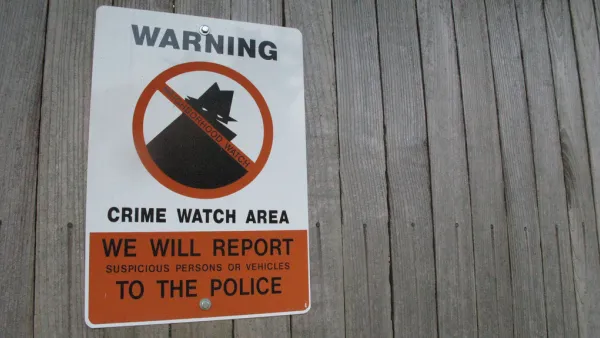Irvin Dawid discovered Planetizen when a classmate in an urban planning lab at San Jose State University shared it with him in 2003. When he left San Jose State that year, he took with him an interest in Planetizen, if not the master's degree in urban & regional planning.
As a long-time environmental activist, he formed the Sustainable Land Use committee for his local Sierra Club chapter and served six years on the Bay Area Air Quality Management District’s Advisory Council from 2002-2008. He maintains his interest in air quality by representing Sierra Club California on the Clean Air Dialogue, a working group of the Calif. Environmental Dialog representing business, regulatory and public health/environmental interests.
Major interests include transportation funding, e.g., gas taxes, vehicle miles traveled (VMT) fees, road tolls and energy subsidies that lead to unlevel playing fields for more sustainable choices.
He hails from Queens (Bayside) and Long Island (Great Neck); received an AAS in Fisheries & Wildlife Technology from SUNY Cobleskill and a B.S. from what is now Excelsior College.
After residing for three years on California’s North Coast, he’s lived on the San Francisco Peninsula since 1983, including 24 years in Palo Alto. Home is now near downtown Burlingame, a short bike-ride to the Caltrain station.
He’s been car-free since driving his 1972 Dodge Tradesman maxi-van, his means to exit Long Island in 1979, to the junkyard in 1988.
Major forms of transportation: A 1991 'citybike' and monthly Caltrain pass, zone 2-2. "It's no LIRR, but it may be the most bike friendly train in America."
Irvin can be reached at [email protected]
Utilities React to Reduction in Electricity Consumption
In her news article and blog, Rebecca Smith examines the reduction in electricity consumption in the U.S. - the causes and how utilities have reacted to remain profitable.
Green Lights for Bike Traffic Signals
With bicycling growing in popularity while driving decreases, should a city install "bicycle-specific traffic signals"? Mary Ebeling of State Smart Transportation Initiatives provides guidance and helpful designs from city transportation officials.
Neighborhood Form and Extreme Weather Events
Adapting to extreme weather events resulting from climate change has largely taken the form of infrastructure engineering, e.g building flood doors for subways or reinforcing sand dunes, but what of 'social adaptation' for residents themselves?
'Modern' Cable Car Coming to Oakland in 2014
BART's Oakland Airport Connector will not look at all like the familiar cable car found across the Bay, but will be propelled by a moving cable similar to the Clay Street Hill RR in S.F. almost 140 years ago. The 3-mile ride to OAK will be 8 minutes.

As Cities Become Safer, Crime Decamps for the Suburbs
Homicides are decreasing nationwide, but a federal study reveals that the rate has decreased about 17% in cities and increased by the same rate in suburbs. Two WSJ reporters look behind the numbers for the causes with a focus on Atlanta's suburbs.

























